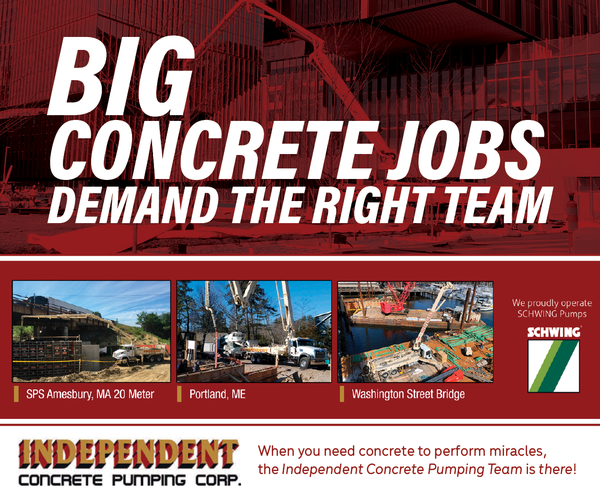However, these challenges also present opportunities. The construction sector employed nearly eight million people in the United States in July 2023, which is the highest it’s been since the start of the COVID-19 pandemic, according to Statista. New technological developments do not solely try to replace workers; rather, they can accelerate worker training and skill development.
In this piece, we will explore how embracing automation, machine learning (ML), and artificial intelligence (AI) helps companies navigate labor changes in construction.
Much-discussed innovations such as augmented and virtual reality are transforming training methods. For example, in the electrical construction sector, trainees can simulate building electrical infrastructure in a fully immersive, 360-degree environment. This was recently tested by the Georgia Institute of Technology. They found that VR-Electricians significantly improved students' perceptions of the electrical construction industry, earning high marks for usability and user friendliness. This study highlights the potential of immersive storytelling as a powerful, technology-driven approach to engaging students and attracting them to the construction field. This not only accelerates the learning process but also ensures a distraction-free and safe training experience.
The need for upskilling extends beyond field teams – it includes office managers, project managers, and accountants. These professionals must acquire new tech skills to navigate the evolving landscape, moving beyond traditional proficiency in tools like Excel to real-time dashboarding capabilities using platforms like Power BI and Tableau. As many experts have noted, the industry demands coding and app-building skills to meet client expectations effectively.

| Your local Trimble Construction Division dealer |
|---|
| SITECH Northeast |
You should emphasize on-the-job training, including mentorship from experienced workers, encompassing technical skills and essential soft skills like communication and leadership. Don’t be afraid to provide access to online courses, webinars, and e-learning platforms covering industry-relevant topics.
Customizable and streamlined training programs such as eSUB Academy or those from the National Center for Construction Education and Research (NCCER) can also play a pivotal role in ensuring workers acquire skills relevant to their roles.
You should regularly assess upskilling progress and refine training programs based on employee feedback, creating a comprehensive and adaptable approach to workforce development. Upskilling retains experienced employees and enhances overall productivity, positioning construction companies for sustained success in a dynamic industry.
Lastly, on-the-job training does not need to be limited to hands-on mentorship or classroom learning. Industrial Internet of Things (IoT) technologies which leverage big data and use real-time communication tools are powerful systems that employees can use to digitally access work instructions in real time, or for managers to actively send instructions in real time based on environmental, building, or safety conditions.
AI tools play a pivotal role in enhancing project management efficiency by managing repetitive tasks such as bidding and asset management. A domain such as BuildingConnected is an AI tool that anticipates material requirements, subsequently minimizing downtime and elevating operational efficiency. Consequently, the amalgamation of these elements results in a decreased demand for labor on a project, alleviating the strain on an already stretched workforce.
The advent of AI and robotics presents unique challenges and opportunities. While these technologies can enhance job safety and efficiency, they also require management and maintenance to ensure quality. Leadership must balance leveraging advancements and investing in staff development to fill potential gaps.
Beyond the scope of career opportunities, integrating technology in construction brings forth advantages such as heightened safety measures and reduced physical strain for workers. These benefits often resonate with the priorities of Gen Z and millennials, who prioritize favorable workplace conditions as integral elements of their professional landscape.
The convergence of retiring workers and technological advancements presents both challenges and opportunities for the construction industry. Upskilling and reskilling initiatives are critical to preparing the workforce for the future, ensuring they can harness the potential of digital tools and technologies. Simultaneously, embracing automation, ML, and AI can mitigate labor shortages, streamline operations, and make the industry more attractive to the next generation of workers.
Arjun Chandar is a distinguished entrepreneur, industry 4.0 expert, data scientist, engineer, and inventor with a career dedicated to leading the development and deployment of advanced technologies across a wide range of industries. He is now the Founder and CEO of IndustrialML, an enterprise data management platform that offers real-time data integration, analytics, visualization, notifications, and reporting, empowering companies and workers in any sector.



































































